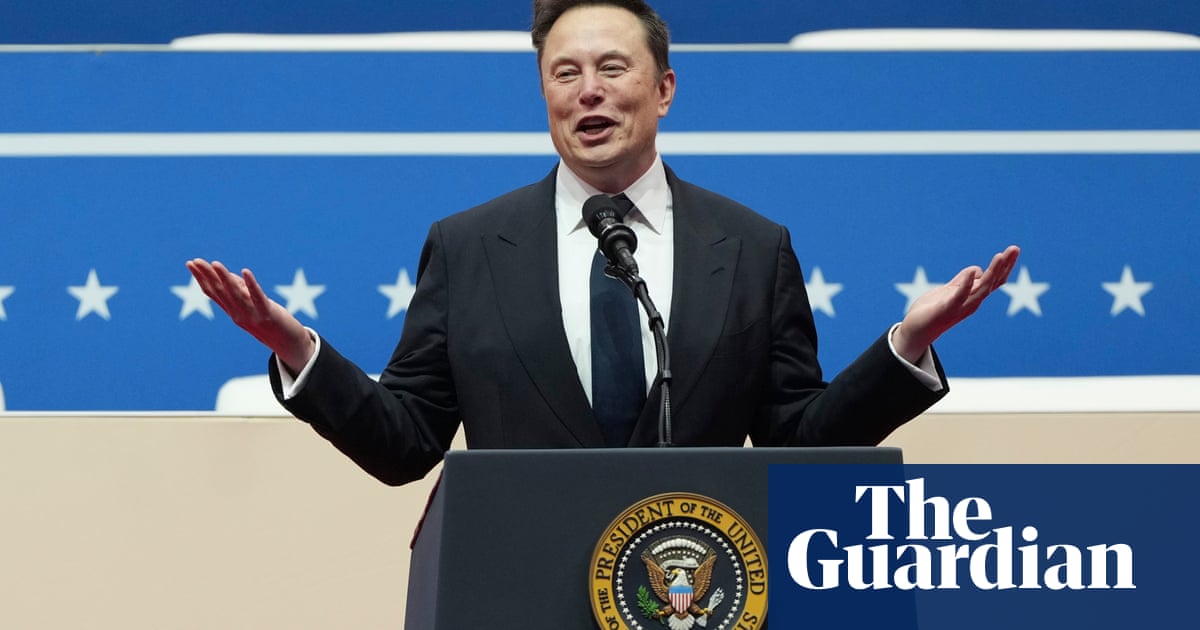President Donald Trump’s sweeping tariffs on Mexico, Canada and China may be illegal under the Constitution. But blocking the tariffs in court is likely to be difficult — and time-consuming.
Trump announced Saturday he was levying 25 percent tariffs on goods from Mexico and Canada and a 10 percent tariff on goods from China, under the International Emergency Economic Powers Act, a little-known law passed nearly 50 years ago. It’s the first time a president has ever used the law to impose tariffs, although the measure has repeatedly been used by past administrations to enact sanctions.
Trump’s novel use of the law, however, is likely to spark legal battles that will test the limits of a president’s executive power.
The International Emergency Economic Powers Act, passed in 1977, grants the president broad authority over economic transactions, and a wide range of abilities to deal with “any unusual and extraordinary threat,” stemming in whole or in part from foreign sources.
Presidents, including Trump’s predecessor Joe Biden, have used the law to impose economic sanctions on other countries, including on Russia after it launched its 2022 war on Ukraine.
But the closest a president has come to citing a national emergency to impose tariffs was when President Richard Nixon used a different law — the Trading with the Enemy Act of 1917 — to levy a temporary universal tariff on all imports in 1971.
Trump justified his new tariffs Saturday by pointing to “the major threat of illegal aliens and deadly drugs killing our Citizens, including fentanyl,” which he claims Mexico, Canada and China are not doing enough to keep from coming into the United States.
But Bill Reinsch, a former Commerce Department official now at the Center for Strategic and International Studies, said Trump’s use of IEEPA to justify his trade actions “doesn't really pass the red-face test,” setting the stage for a company or trade association whose members have been harmed by the action to sue.
“The question will be, can you find a judge who will write an injunction to stay the tariffs from going into effect,” Reinsch said. “And my prediction is that will be hard, because you're asking a federal judge to essentially say, ‘I know more than the President does about what an emergency is.’ And I think judges are going to be reluctant to do that.”
That won’t stop a lawsuit from proceeding, most likely all the way to the Supreme Court, Reinsch said, but it could be years before there is a conclusion to the legal battle.
“The courts have historically upheld the president’s power to take emergency actions, especially when they are related to national security. But one important question is whether they will uphold the use of tariffs. In the past, [IEEPA] has only been used to impose sanctions,” said Tim Brightbill, a trade attorney at the law firm Wiley Rein in Washington, DC.
“While it is possible that companies or industry groups would seek an injunction, they probably face an uphill battle blocking the new tariffs,” Brightbill said.
That doesn’t mean some won’t try. “All options are on the table,” said one industry official who works with companies involved in international trade, when asked about prospects for lawsuits. “This is an action forcing event. It certainly is clarifying to all of us in the business community that wasn't sure how [Trump] was going to actually play this.”
Major business groups like the U.S. Chamber of Commerce and American Farm Bureau Federation are already sounding alarms about Trump’s decision to impose tariffs, and are calling on the three countries to reach a deal. That group could take the lead on any legal challenge, but Chamber has not confirmed it is prepared to take that step just yet.
"The President is right to focus on major problems like our broken border and the scourge of fentanyl, but the imposition of tariffs under IEEPA is unprecedented, won’t solve these problems, and will only raise prices for American families and upend supply chains,” Chamber Senior Vice President and Head of International, John Murphy said in a statement.
“The Chamber will consult with our members, including main street businesses across the country impacted by this move, to determine next steps to prevent economic harm to Americans. We will continue to work with Congress and the administration on solutions to address the fentanyl and border crisis," they added.
Any lawsuit isn’t likely to be filed until after the tariffs go into effect on Tuesday. And there’s a good chance the Trump administration will be able to negotiate a reduction in the tariffs with Mexico, Canada and China — as they did during Trump’s first term — well before any suits wind their way through the courts.
What about the WTO? China has already threatened to file a complaint with the World Trade Organization and take unspecified “corresponding countermeasures to firmly safeguard its own rights and interests.” The WTO has previously ruled that the U.S. has illegally imposed duties on China and other countries.
But the U.S. effectively killed the WTO Appellate Body during Trump’s first term by blocking the appointment of new judges, leaving it without the ability to adjudicate disputes. And there’s little to suggest the Trump administration would abide by a WTO ruling even if the organization were able to issue one.
The more likely avenue to resolve the dispute could be during next year’s mandatory review of the U.S.-Mexico-Canada Agreement, the North American trade deal Trump inked in his first term. The president issued an executive order on his first day in office which included a directive tasking his USTR to begin the consultation process and assess the deal's overall impact on American workers in consultation with other federal agencies and departments.
What about Congress? Trump could also face pressure from Congress to rein in his tariffs, although Republicans who now control both chambers have been careful not to harshly criticize his trade strategy, even those from major farm exporting states that could bear the brunt of any retaliation.
“Trump seems to have successfully intimidated Republican politicians, and I wouldn’t expect an immediate outcome, even though this really amounts to a shift in control of trade policy from the legislative to the executive branch,” Reinsch said. “If communities start to suffer, however, from higher prices and layoffs caused by retaliatory tariffs, complaints will grow.”
Doug Palmer contributed to this report.

 German (DE)
German (DE)  English (US)
English (US)  Spanish (ES)
Spanish (ES)  French (FR)
French (FR)  Hindi (IN)
Hindi (IN)  Italian (IT)
Italian (IT)  Russian (RU)
Russian (RU) 























Comments